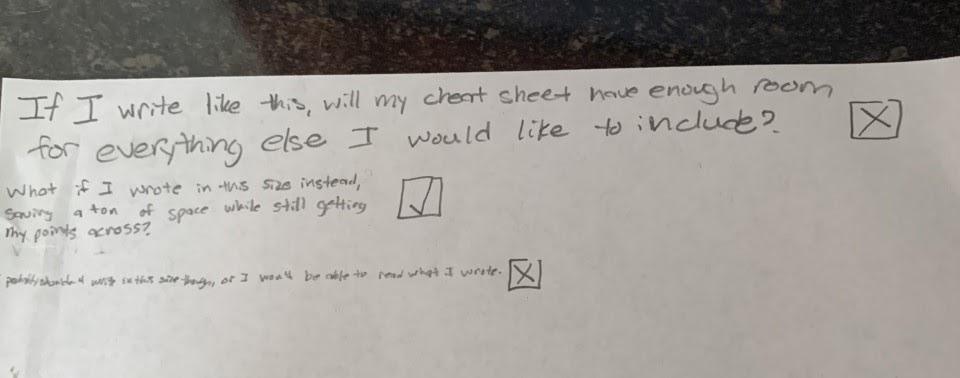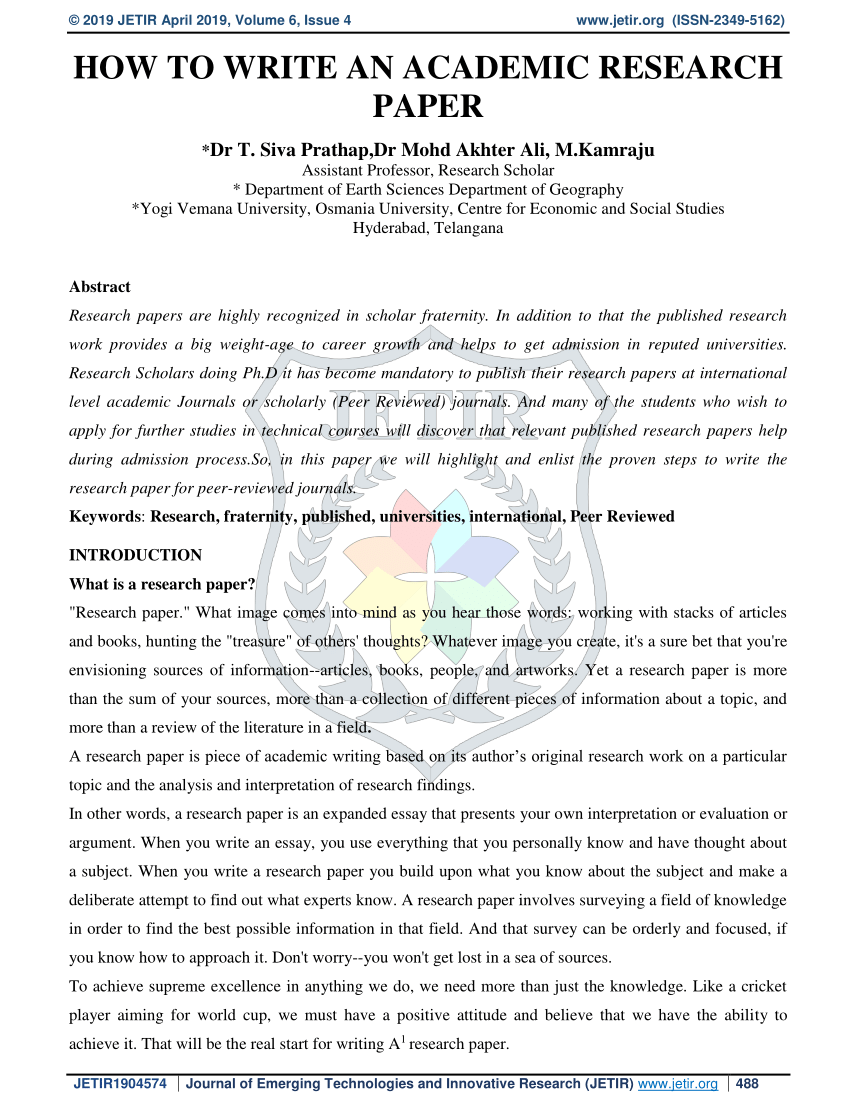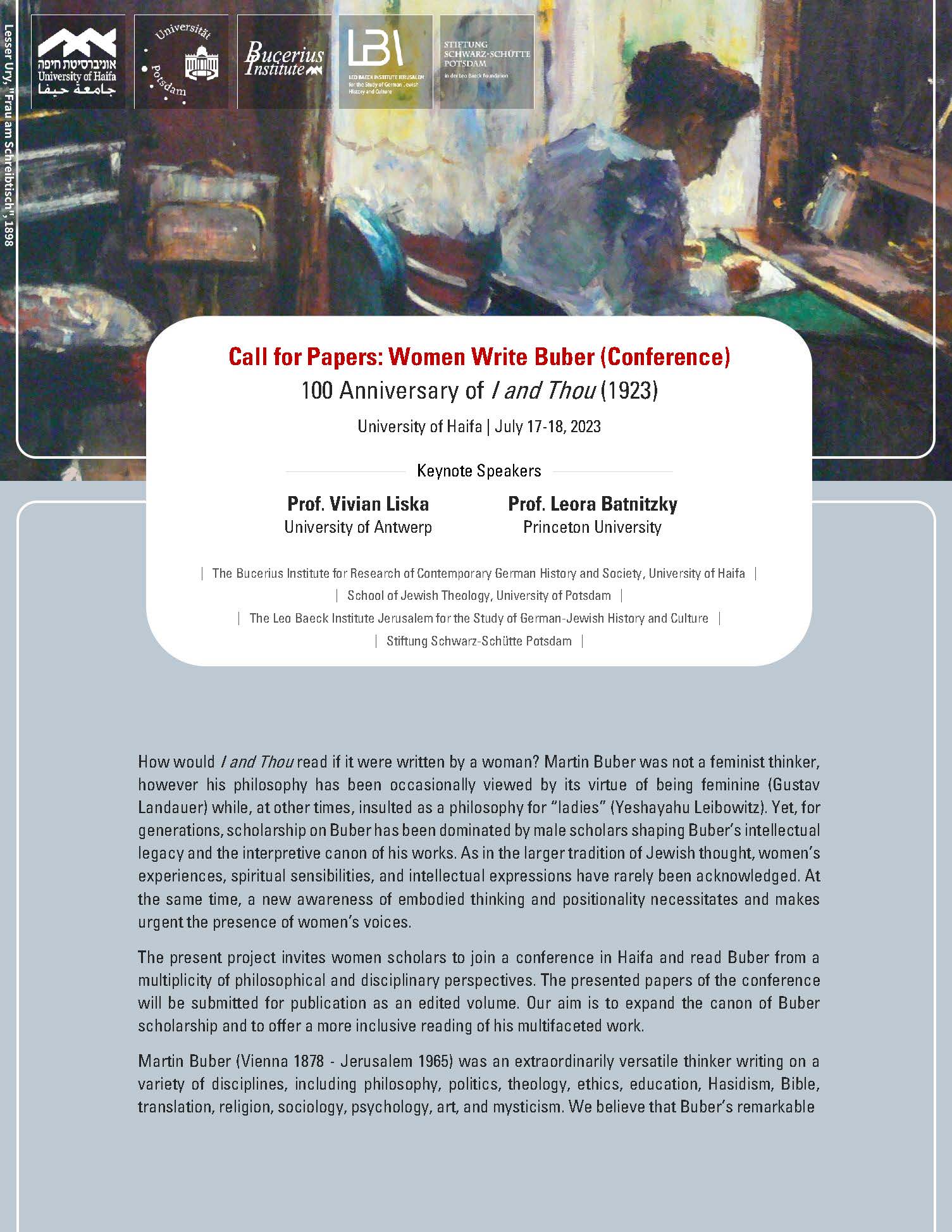A will is a legal document which details how you want your estate to be distributed after your death. Many states, including Louisiana, require a will to be notarized. In Maryland and Maine, however, wills are legally binding if they are signed in front of two witnesses. However, some states allow for you to write your will on a piece of paper. If you want to write your own will, make sure you have the mental capacity to do so.
Getting a lawyer to draft a will
Choosing an attorney to draft a will may seem like an unnecessary expense, but the process is surprisingly affordable compared to fill-in-the-blank wills. The fee to use such services generally runs between $10 and $50. Attorneys typically input standard forms and clauses into a computer. A secretary types in the client’s name, beneficiaries’ names, and other basic information. Some online services offer discounts for self-drafted wills.
There are many advantages to hiring a lawyer to draft your will. First, your wishes are protected. An attorney knows the legal requirements for your state and can help you make sure that your wishes are followed. Moreover, drafting your own will has its disadvantages, so you must choose a person you trust. You should also choose a trustworthy executor and make sure that the person understands the risks.
Do-it-yourself wills
The majority of do-it-yourself wills are created using standard forms that contain the same clauses and provisions as those in traditional wills. Attorneys typically input these forms into a computer, where the secretary types in the client’s name, beneficiary names, and other basic information. With the right software, you can create your own will without the need for a lawyer. You should be aware, however, that some DIY wills are not effective, and you may even make a mistake.
A DIY will can be a viable option for those with simple estates and no serious family conflict. If, however, your will contains more complicated provisions or includes complex provisions, it may take more time to probate. Moreover, judges may question the process used in its execution and call witnesses to testify in court. This can lead to additional legal costs, delay, and expenses. Unless you have an extensive knowledge of the laws of your state, you will be better off hiring an estate planning attorney for your will.
Getting a holographic will
A holographic will is a legally valid will that does not require a witness. However, it is important to remember that holographic wills are not perfect. This means that you may have left some important provisions out that a traditional will would have included. If you fail to name a trustee for a minor child, the court will appoint someone to look after the child’s welfare.
While a statutory will must be witnessed and is legally valid in every state, a holographic will is not recognized in all states. Most states only recognize this type of will in limited circumstances. Approximately half of them do not. In these cases, you may want to check with the probate court in your state to learn more about the requirements for holographic wills. A holographic will is not difficult to write, but it may be difficult to prove.
Having mental capacity to make a will
Making a will is a legal procedure that allows a person to direct the distribution of their assets after they die. There are several tests that can determine whether a person is mentally competent to make a will. In some cases, people with severe mental impairment or dementia do not have the necessary mental capacity to make a will. If this is the case, New Jersey will contest the will, preventing it from being probated.
A medical assessment of mental capacity can help a court decide whether a person has the ability to make a will. In addition to removing the need for legal proceedings, it can stand a doctor in good stead in a dispute between beneficiaries. In the case of Mr. Greer, who was 80 years old at the time of his new will, the surviving spouse, Karyn, was left his car and his estate, and three children from a previous marriage were equally divided.
Getting a will notarized
There are many benefits of getting a will notarized. While wills date back to ancient Greece, the United States has legal requirements that must be met in order for them to be considered valid. The signatures on a will must be signed in ink in front of two witnesses, although it is possible to find wills that have been scrawled on a dusty tractor. However, it is still important to have a will notarized to ensure that it is valid.
Getting a will notarized is a legal requirement for the validity of your will. A will needs to be signed in the presence of two witnesses, so it is important to have all of the pertinent information drafted and available to the notary. A notary can also act as a witness, signing a witness statement as a disinterested party. In some cases, it is possible to notarize a will online.




